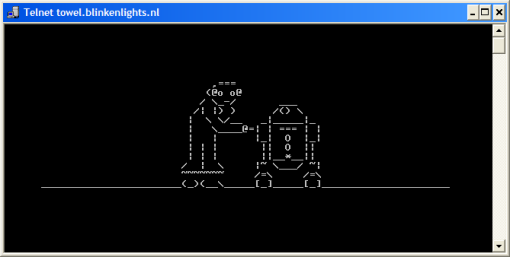Reflections on Piracy
Today I went to see Slumdog Millionaire at the local cinema. Prior to the commencement of the movie we were subjected to the usual advertisements and film previews. I sat up very quickly when a preview for a movie called The Boat That Rocked.
This film is based on the pirate Radio ships that broadcast off the English coast in the 1960’s.
The following two paragraphs from the BBCgive a very brief reason :
At the beginning of the 1960s, an event occurred that changed the sound of Britain’s radio forever – the growth of ‘pirate’ radio stations. What started out as a protest for the freedom to play music ended up challenging the British government and the BBC’s rather conservative radio broadcast output. If it had not happened it is possible that commercial radio as we know it may not have been allowed to develop.
At the beginning of the 1960s there were only three national radio stations in Britain, all run by the BBC. In the spirit of public service broadcasting, the government insisted that all programmes were respectable, hopefully educational and impartial – hence the BBC was not allowed to broadcast commercials for fear that advertisers or sponsors could try to influence the quality or content of the programmes.
The reason I mention this is only to point out that piracy is not something new and could as Janis Ian suggests lead to better outcomes for all concerned.
The Record Industry has been making noises about its demise for many years. The screamed when blank tapes were being used to record from vinyl (remember those black pieces of plastic? I still have some). The Film Industry screamed when you could get blank video cassettes to record from the TV etc.. Both Industries seem to be healthy and can afford to spend a lot of money protecting their copyright.
Mark Pesce (2005) in Piracy is Good?How Battlestar Galatica Killed Broadcast TV makes a point that in the case of television , the industry has conditioned the viewer that watching a TV program is free. The Pesce article gives a very good example of a pirated downloaded episode of Doctor Who caused the biggest audience to watch the actual episode on TV a few weeks after the pirated version was released.
It seems to me that the industries mentioned above need to change their way of thinking and marketing. They are all working on a business model that will not survive in the current digital environment. Instead of trying to use the court systems and spending many millions of dollars trying to stamp out the “problem”, they should be investing this money in creating a business model that is more in tune with the times.
I do not have any answers to this, but I suggest that a close look need to be taken at industry infrastructure costs and distribution models. Mark Pesce in Part Two of Piracy is Good talks about a new model in the television industry.
I am not a advocate for the illegal downloading of music and film. I believe that all artists should be fairly rewarded for their artistic effort. After reading some of the articles it appears that the major recording artists do very very well, it is the fringe artists that are the ones to suffer.

 Subscribe to RSS Feed
Subscribe to RSS Feed